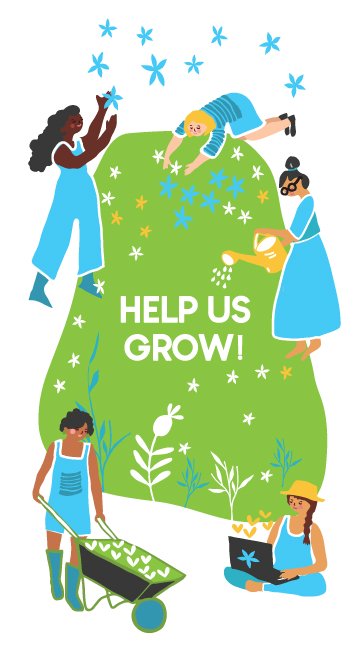The value of International Women’s Day was debated last week. Some think it was born out of sentiment, and is now corrupted by corporate marketing and individual virtue-signalling. Some treasure it as one day where permission is given for women, in all their diversity, to be centred and celebrated across the globe.
A worthwhile discussion, but let us not lose sight of these truths:
Centreing the realities, needs, demands and wishes of girls and women should be an everyday practice. Girls and women never stop living, breathing and seeking full agency in a world where that agency is actively curtailed by laws and social norms. Seeking gender equity cannot be a part-time pursuit, or something done as an afterthought. Without advancing and protecting the rights of girls and women, change cannot be for the better. We must include those goals in all efforts to create a more just society.
World YWCA never stops shining a light on this necessity. It is a strong, intergenerational network of women leaders, with programmes led by and for women, in response to the unique needs that they see in their communities.
Data demonstrates that when women lead, good things happen. The leadership of women should be normalized, not tokenized. When women are included in peace processes, there is a 35% increase in the probability of an agreement lasting more than 15 years. Recent research showed that companies in the top quartile for gender diversity on executive teams were 25% more likely to have above-average profitability than companies in the bottom, while companies with more than 30% women executives outperform companies without. Research on local government councils in India showed that the number of drinking water projects in areas with councils led by women was 62 per cent higher than in those with councils led by men.
World YWCA provides support and opportunities for women, young women, and girls to be leaders and change-makers who not only protect their rights and impact their communities, but inspire their peers to do the same.
Women are not homogenous. Women’s rights organizations are not homogenous. Women’s rights organizations have diverse locations, identities and methods, but all share the goal of gender equity. Women and women’s groups tirelessly work for change. Women and girls comprise 49.5%of the world’s population. Yet, 99% of development aid and foundation grants do not directly reach women’s rights and feminist organizations. Those groups working at intersecting forms of marginalization (LGBTIQ, indigenous, migrant and refugees, young feminists, and sex workers) are funded even less. We do not all do the same work, but we all struggle to find partners to help resource our work.
For over 100 years, the YWCA has been a global force, working to connect and mobilize the power of millions of women, young women, and girls across regions, cultures, and beliefs to transform their lives and the world.
In 2022 and everyday until the next International Women’s Day and thereafter, we assert our commitment to human rights-based, feminist, faith-inspired and intersectional leadership that is inclusive, grassroots-driven and rooted in the transformational power of women.
YWCA leaders know true equity means empowering women around the world and challenging the status quo created to rob them of power, each and every day.
If you agree that every day is International Women’s Day, follow us on social media and support our work.






